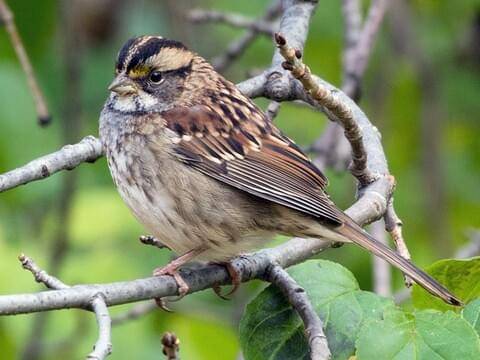Sparrows, those small, common birds that often flit around our gardens and city streets, are often overlooked in favor of more colorful or exotic species. However, these unassuming birds have a surprising range of characteristics and behaviors that make them truly remarkable. Here are five fascinating facts about sparrows that might just change the way you see them:
1. Remarkable Adaptability:
Sparrows are known for their incredible adaptability to various environments. They can be found on almost every continent, from bustling cities to remote rural areas. This adaptability has led to them being considered both a pest and a symbol of resilience. They've managed to thrive in urban landscapes by taking advantage of human-made structures and finding food scraps amidst concrete jungles.
2. Diverse Species:
The term "sparrow" actually encompasses a diverse range of bird species. There are approximately 140 species of sparrows worldwide, each with its own unique characteristics. Some species, like the house sparrow, are well-known and widespread, while others are more elusive and restricted to specific habitats. This diversity highlights the complexity of the sparrow family.
3. Social Creatures: Sparrows are highly social birds, often gathering in large flocks. Their social behavior extends beyond their own species – they are often seen interacting with other birds, sharing resources and warning each other about potential dangers. Their communal nature is not only intriguing but also serves as an example of cooperation in the animal kingdom.
4. Melodious Songs: While they might not be as famous for their songs as some other bird species, sparrows are actually quite melodious. Their songs can be a combination of trills, chirps, and whistles, and different species have their own unique vocalizations. Their subtle, soothing melodies contribute to the ambient soundscape of various environments.
5. Conservation Concerns:
Despite their adaptability, many sparrow species are facing conservation challenges. Changes in agricultural practices, habitat loss, and urbanization have impacted their populations in various regions. Some species have experienced declines due to competition with invasive species or changes in their food sources. Recognizing these concerns is essential to ensuring the continued survival of these beloved birds.
In conclusion, sparrows are far from ordinary. Their adaptability, diversity, social behaviors, songs, and conservation concerns all contribute to their unique place in the avian world. Taking the time to appreciate these small wonders can open our eyes to the intricate connections between nature and our everyday lives. Whether they're fluttering around a park or perched on a windowsill, sparrows deserve a closer look and a deeper appreciation for their role in the tapestry of life.



No comments yet
Be the first to share your thoughts!